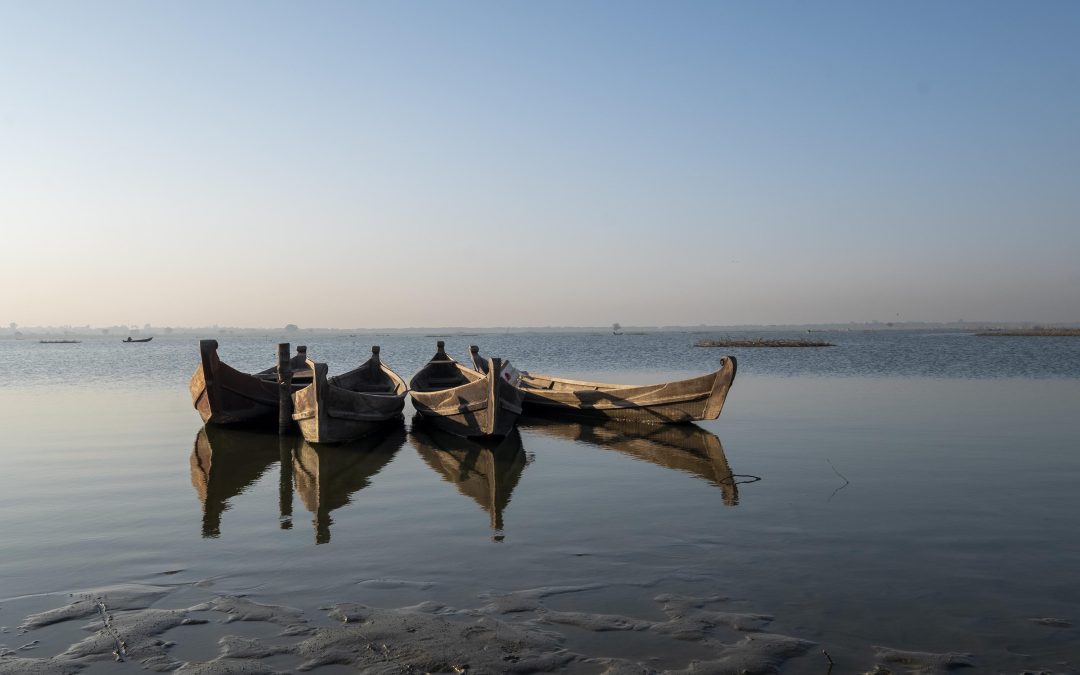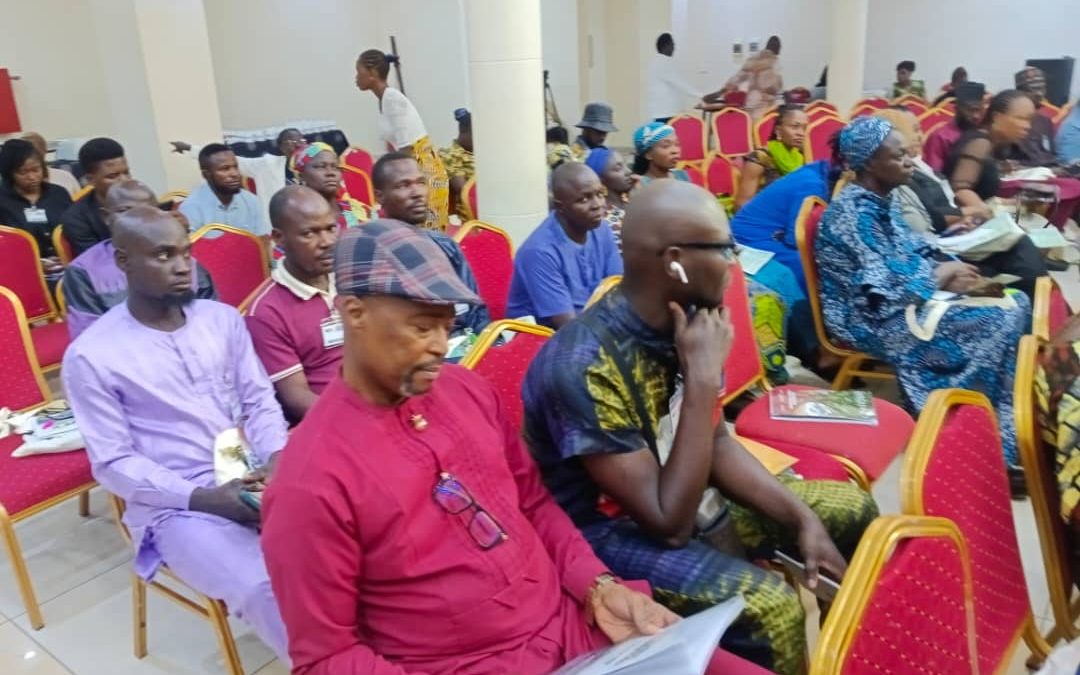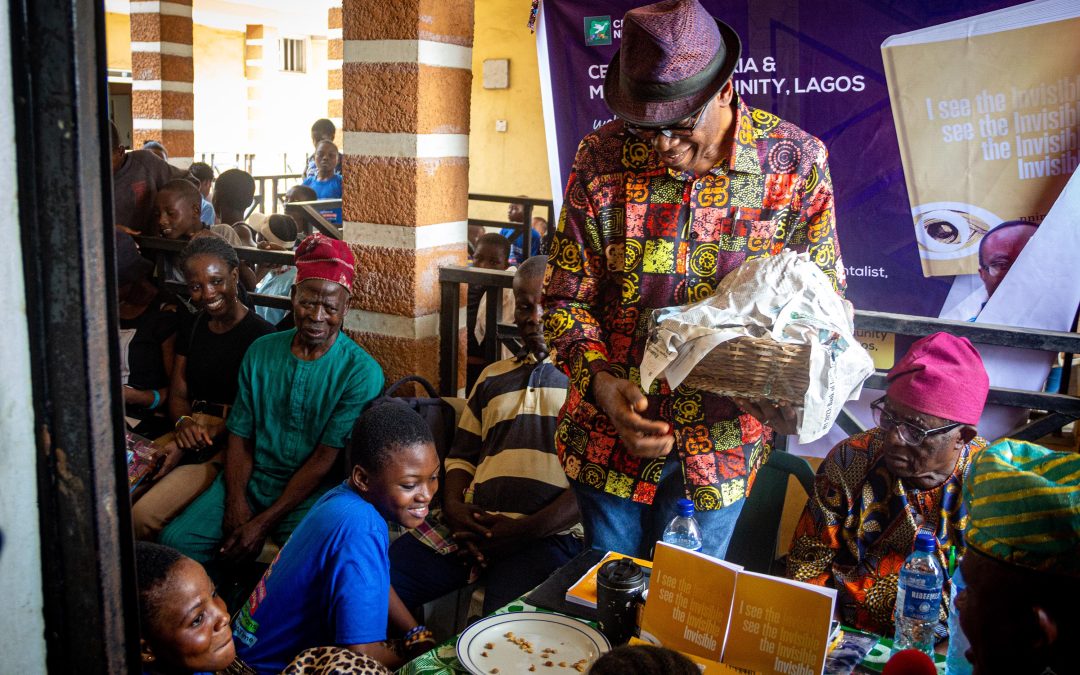
by HOMEf | Jun 8, 2025 | FishNet, General, Hunger Politics
The ocean is one vast body of water with various faces. It accounts for approximately 71% of the Earth and plays significant roles in environmental and climate systems, and more broadly, in life on Earth. Beyond its diverse faces—Pacific, Atlantic, Indian, Arctic, and...

by HOMEf | Oct 14, 2024 | FishNet, Fossil Politics, Hunger Politics, Ikike
(by Nnimmo Bassey) In response to the increasing global demand for resources and the economic pursuits that come with it, attention on the world’s oceans continues to grow. But how should marine resources be properly managed? The blue...

by HOMEf | Aug 13, 2024 | FishNet, Fossil Politics, General, Publication, Report
The waters of any region are critical to the survival of the various living species, both human and other-than-human, habitats, and livelihood in the region. For communities, local and indigenous peoples, waterbodies do not just stand as routes or critical economic...

by HOMEf | Jul 1, 2024 | FishNet, Fossil Politics, General, Hunger Politics, News
The Niger Delta Alternatives Convergence (NDAC) was established in 2022 by leaders, activists, communities and scholars after a period of careful examination of the socio ecological realities of the region. The process took stock of the impacts of over 6 decades of...

by HOMEf | Mar 14, 2024 | FishNet, Fossil Politics, General, Hunger Politics, Ikike, Uncategorized
Survival Stories and strategic discussions are based on how a group of people (community) survives the impacts of climate change, environmental crisis and government policies that seems to distort their well-being. It tells the narrative of how they...

by HOMEf | Nov 22, 2023 | FishNet, Fossil Politics, Hunger Politics, Press Release
Nigeria has a coastline of about 853km with Lagos, Ondo, Delta, Bayelsa, Rivers, Akwa Ibom, and Cross River as littoral states. 28 out of the 36 states in Nigeria are navigable by the connecting inland waters that stretches about 10,000km – encircling whole...











